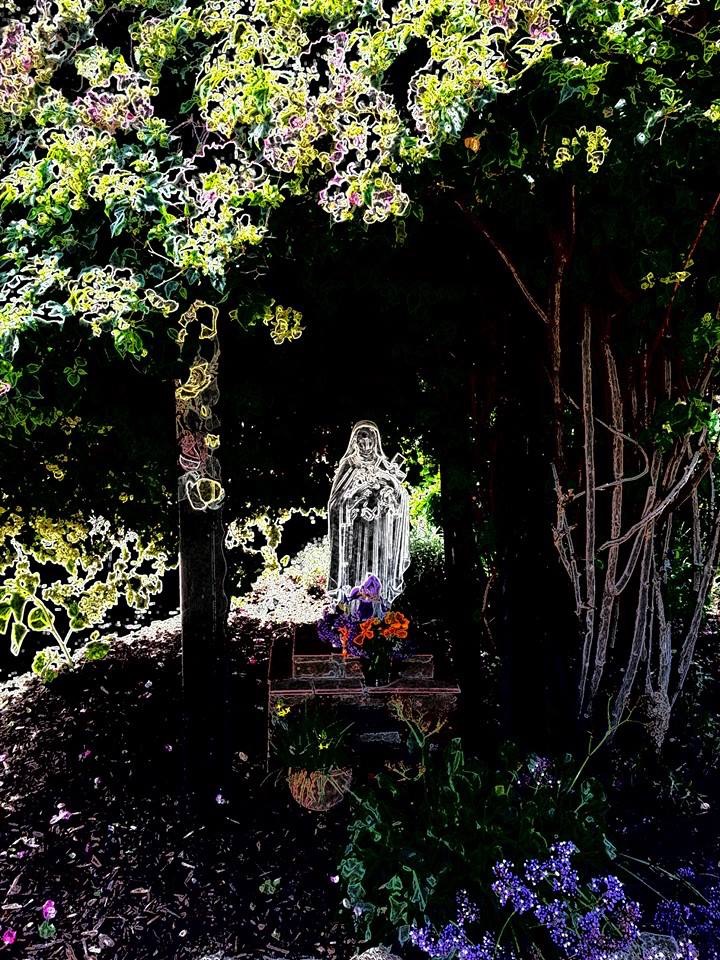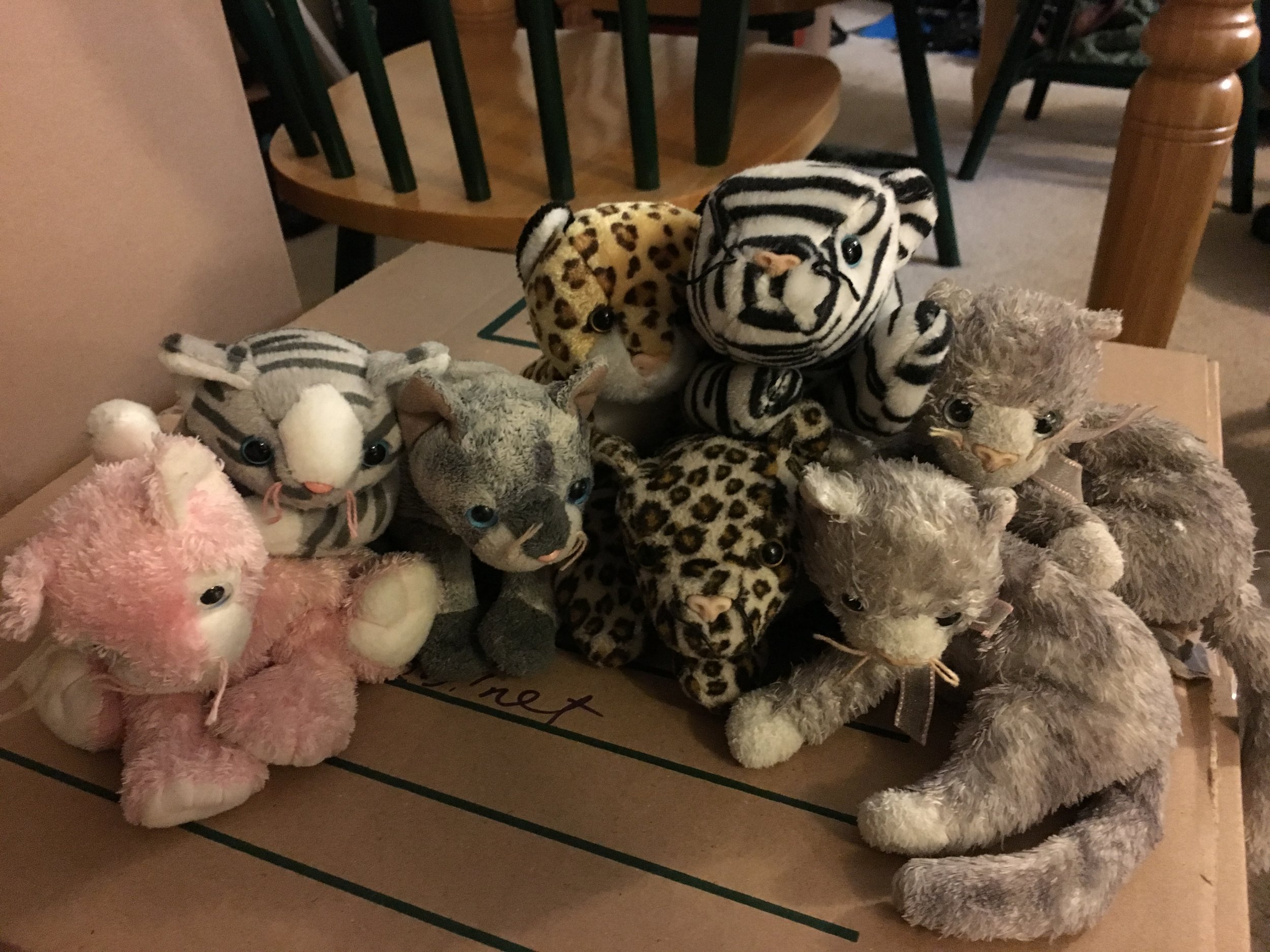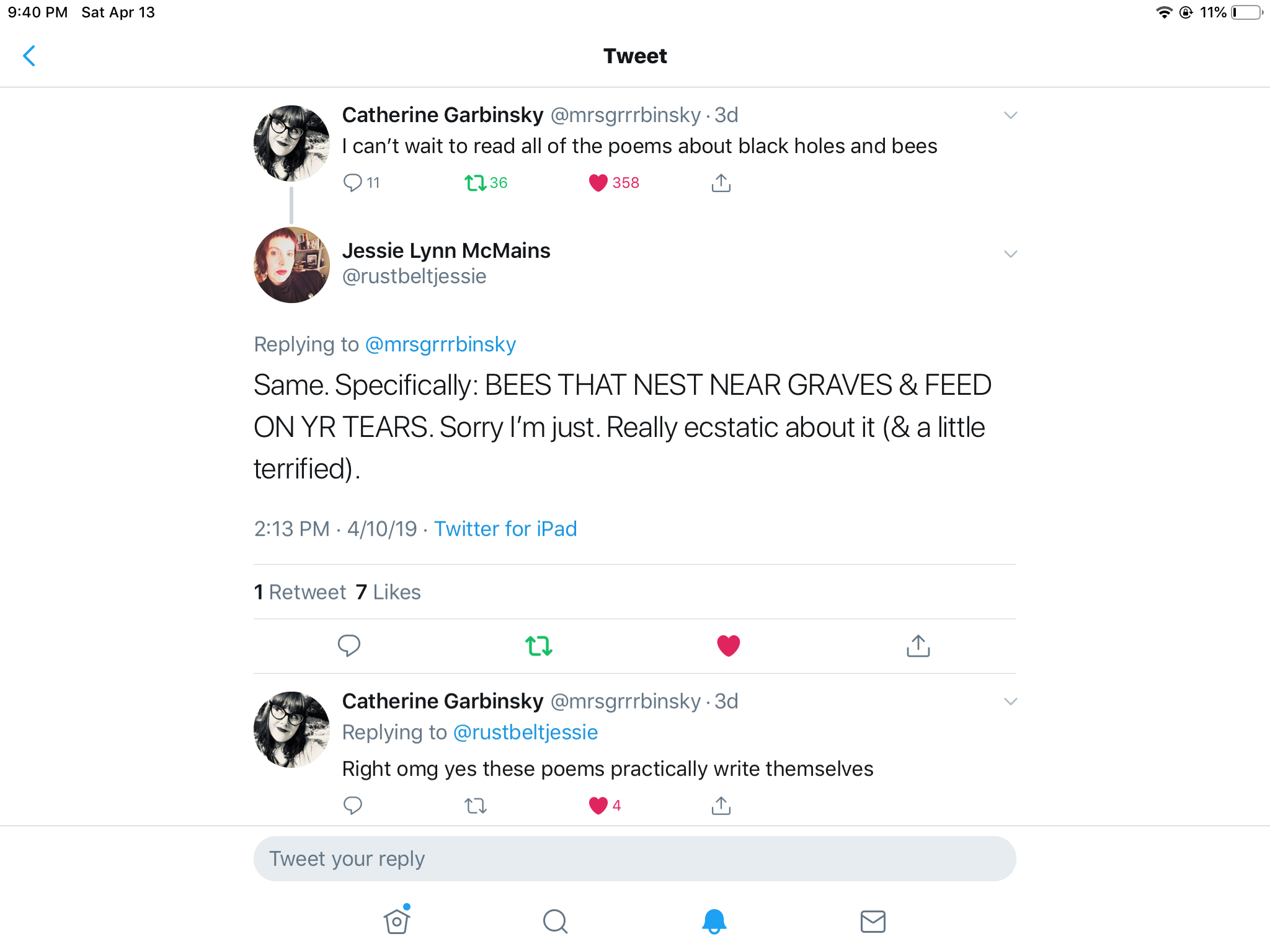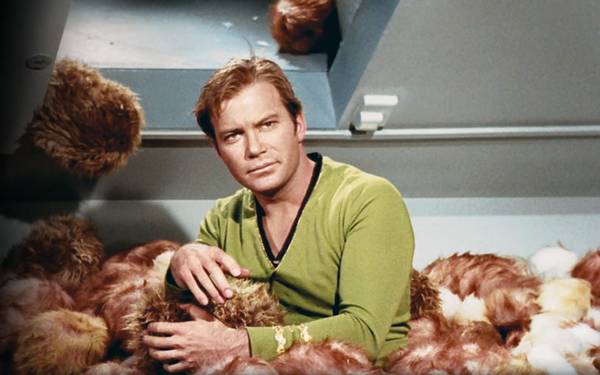For the first prompt, read over this beautiful poem by Todd Smith published by Quarterly West (and check out other great poems in the issue). In three parts, write a prayer to allow entry in a kingdom you have sought entry—whether you gained access or not—or a praise poem for the what simply is separated into past, present and future. Define “is” in your poem. Define what longing or yearning or want or need is for you, or change the tense: what one of these was once or will be. End your poem on a beginning.
Second prompt: write a poem using the following words: “overtures,” “shadows,” “cast” “perch” “skylight,” “frequency,” and “begin.”
Third prompt: Make a list poem of your seven mistakes. Do they correspond to the seven deadly sins? If not, create a new category of sin and pray for forgiveness to an appropriate saint or deity.
As always, give credit to the poet for inspiration (using “After” is one way), but even if you do acknowledge the poet’s influence, be careful that you still aren’t simply paraphrasing another’s creation. When in doubt, have someone else read the original poem and yours especially before submitting for publication.
Best wishes! Please share your creation! I’d love to read it!








































